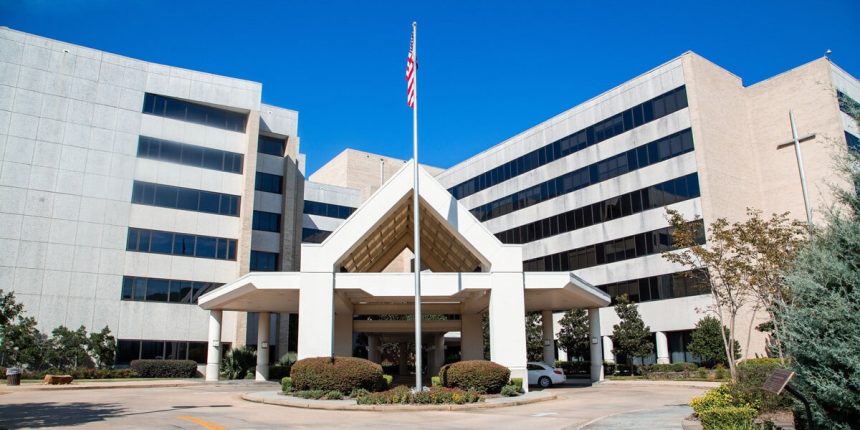St. Dominic Memorial Hospital in Jackson has announced the closure of all behavioral health services, as well as layoffs to 5.5 percent of its workforce.
The hospital stated in a press release on Monday that a total of 157 full-time, part-time, and PRN employees are expected to be let go, citing losses of millions of dollars over the past three to five years as the main reason for the decision.

“After thorough discernment and prayerful consideration, we must again adapt and evolve to preserve the ministry in the face of these economic realities and better ensure the long-term health of the organization,” Scott Kashman, Market President and CEO of St. Dominic Health Services and St. Dominic Hospital, said. “Ultimately, these decisions were made in faithfulness to good stewardship of our mission and the ministries we support.”
Those impacted by the layoffs are being asked to continue their current employment status with their commensurate compensation and benefits for at least 60 days following their notice. Severance opportunities will be offered to full-time and part-time team members who are unable to secure other similar roles within the organization.
As for St. Dominic’s behavioral health services, additional admissions are expected to end after 7:00 a.m. on Tuesday, June 6. Current inpatients will continue to receive care until they are transitioned to other facilities as needed.
“We recognize that mental health is a significant need, with various aspects of mental healthcare emerging as six of the top 25 needs identified in the most recent Community Health Needs Assessment,” Kashman added. “While continuing to meet these needs directly is no longer viable for St. Dominic’s, we are working with partners to help patients access the care they need. Our health system will continue to advocate for additional state and federal resources to stabilize healthcare providers in Mississippi.”
St. Dominic officials added that at this time, the hospital is currently “exploring potential partners to best meet the mental health needs in the community.”







